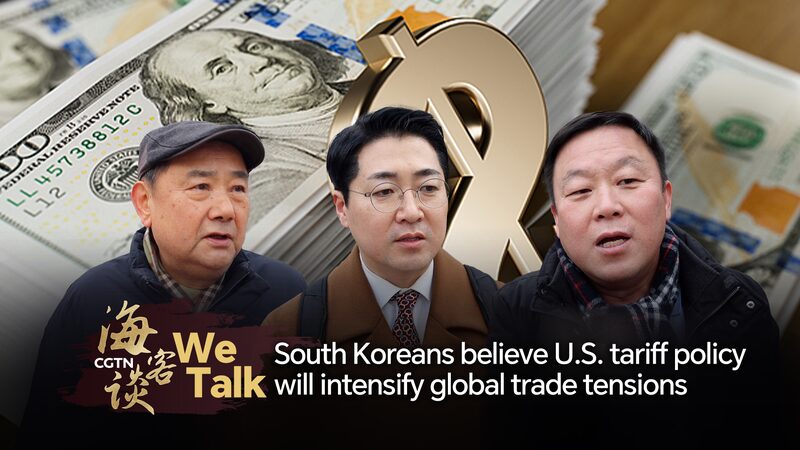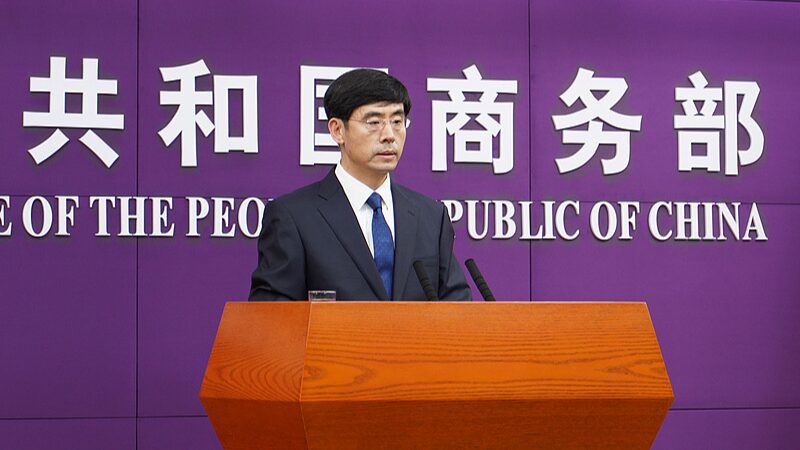
Brazilian Entrepreneurs Sound Alarm on U.S. Reciprocal Tariffs
Brazilian entrepreneurs warn that the U.S.’s new reciprocal tariff policy could lead to higher prices and global inflation.
My Global News: Voices of a New Era
🌍 Stay Ahead, Stay Global 🚀

Brazilian entrepreneurs warn that the U.S.’s new reciprocal tariff policy could lead to higher prices and global inflation.

South Koreans express concerns that the US’s new steel and aluminum tariffs could escalate global trade tensions, disrupt free trade agreements, and increase living costs worldwide.

South Koreans express concern that the U.S. 25% steel and aluminum tariffs, effective March 2025, could escalate global trade tensions and raise living costs worldwide.

China’s Ministry of Commerce urges the US to stop using tariffs as a coercive tool, highlighting potential damage to global trade and the multilateral system.

President Trump’s tariffs challenge the WTO and global trade stability, but the multilateral system remains resilient against ongoing trade conflicts.

An expert warns that U.S. tariffs on Mexican steel could have lasting effects on both Mexico’s economy and global markets, driving up construction costs and challenging the U.S. steel industry.

The US’s recent tariffs on Canada and Germany have sparked international backlash, threatening global economic stability and prompting strong retaliatory measures.

US tariffs on key partners provoke backlash from Canada and Germany, raising fears of a global economic downturn and supply chain disruptions.

Brazilian companies aim to negotiate with the US over new steel and aluminum tariffs to avoid a trade war.

South Koreans have mixed reactions to the US’s 25% tariffs on steel and aluminum, debating the economic and global trade implications.